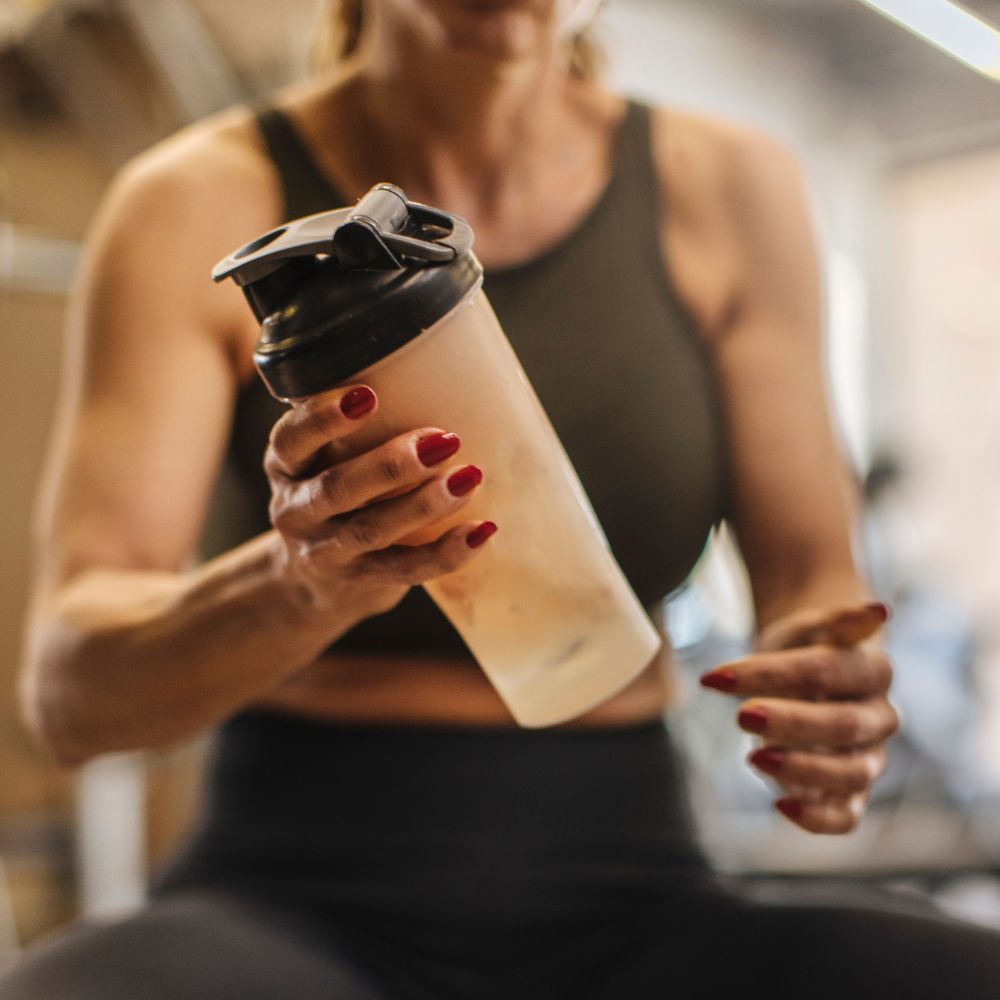Choosing the right protein powder can be a daunting task, especially with the plethora of options available on the market today. For women, selecting a protein powder that aligns with specific fitness goals, dietary preferences, and health needs is essential. In this article, we’ll explore the various types of protein powders, their benefits, and some top recommendations tailored for women.
Understanding Protein Powder Types
- Whey Protein: Derived from milk, whey protein is one of the most popular protein powders. The body absorbs it quickly, making it ideal for post-workout recovery. Whey protein is rich in branched-chain amino acids (BCAAs), which are vital for muscle repair and growth.
- Casein Protein: Also milk-derived, casein is absorbed more slowly than whey. This makes it a great option for nighttime use, providing a steady release of amino acids while you sleep.
- Plant-Based Protein: Ideal for vegans or those with lactose intolerance, plant-based proteins include options like pea protein, brown rice protein, hemp protein, and soy protein. These powders can provide a complete amino acid profile when combined.
- Egg Protein: Made from egg whites, this type of protein is highly bioavailable and a great option for those who prefer animal sources but want to avoid dairy.
- Collagen Protein: While not a complete protein, collagen supports skin, hair, nails, and joint health. It can be a great addition to a protein regimen, particularly for women interested in beauty and overall wellness.
Factors to Consider When Choosing Protein Powder
- Dietary Preferences: Consider whether you prefer animal-based or plant-based proteins. If you’re lactose intolerant or vegan, plant-based options may be best.
- Protein Content: Check the protein content per serving. A good protein powder typically contains 20-30 grams of protein per serving.
- Ingredient Quality: Look for products with minimal additives, artificial flavors, and sweeteners. The fewer the ingredients, the better.
- Flavor and Mixability: Choose a flavor you enjoy, as this will encourage regular use. Also, ensure it mixes well with liquids.
- Specific Goals: Different protein powders may cater to specific goals, such as weight loss, muscle gain, or meal replacement. Make sure the product aligns with your fitness objectives.
Top Protein Powder Recommendations for Women
- Optimum Nutrition Gold Standard Whey: This popular whey protein is known for its high-quality ingredients and great taste. It contains 24 grams of protein per serving and is low in sugar. It’s an excellent option for post-workout recovery.
- Vega One All-in-One Nutritional Shake: A plant-based protein powder, Vega One provides 20 grams of protein from pea, hemp, and brown rice. It also includes greens, vitamins, and minerals, making it a complete meal replacement option.
- Garden of Life Raw Organic Protein: This plant-based protein is packed with 22 grams of protein per serving and includes a blend of raw sprouts, providing added nutrients. It’s organic, gluten-free, and has a clean ingredient list.
- Isopure Zero Carb Protein Powder: Ideal for those looking to limit their carbohydrate intake, Isopure offers 25 grams of protein per serving with zero carbs and no sugars. It’s suitable for ketogenic diets and is lactose-free.
- Orgain Organic Protein Powder: This protein powder is a great option for those seeking a balanced, organic product. It contains 21 grams of protein per serving and is made from pea protein, brown rice, and chia seeds, making it a complete source of protein.
- Dymatize Nutrition ISO100: Another excellent whey protein isolate option, ISO100 offers 25 grams of protein and is hydrolyzed for quick absorption. It’s low in sugar and available in various flavors.
Conclusion
The best protein powder for women ultimately depends on individual dietary preferences, fitness goals, and health considerations. Whether you opt for whey, plant-based, or other forms of protein, selecting a high-quality product that fits your lifestyle is key.
Incorporating protein powder into your diet can be a convenient way to support muscle recovery, enhance workout performance, and meet daily protein needs. As always, consider consulting with a healthcare professional or registered dietitian to ensure that your protein intake aligns with your overall nutrition and health goals.

